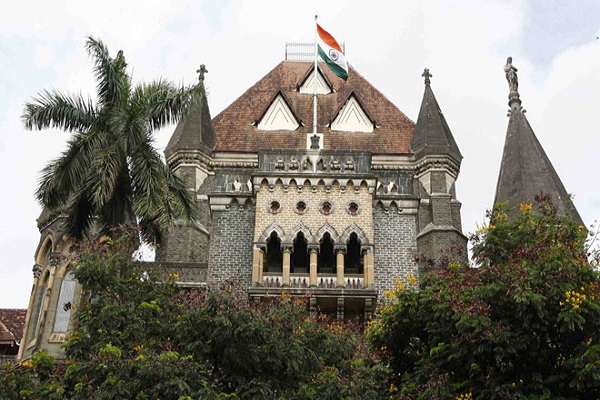
AS reported earlier, the Bombay High Court has quashed and set aside the media gag order by special CBI judge SJ Sharma dated November 29 and held that subordinate courts did not have such inherent powers to pass such an order.
In the 39-page judgment published yesterday on the high court website, Justice Revati Mohite Dere held that it is only the ‘courts of record’, i.e., the Supreme Court and high courts that have the inherent jurisdiction to pass postponement orders.
Open trial is a rule
Senior advocate Mihir Desai appeared for one of the petitioners in the matter and submitted that there are only 3 or 4 contingencies in which a court i.e. ., the Supreme Court and high courts can restrain the media from publication and that too, for a short duration, i.e. (i) when there is a real and imminent danger to a fair trial; (ii) that there is real and substantial risk of prejudice to the administration of justice or to the fairness of trial; and (iii) where reporting by the press would shift the burden of innocence.
He further submitted that the freedom of speech and expression guaranteed under Article 19(1)(a) of the Constitution, includes freedom of the press and that the same has been recognized as a fundamental right. Advocates Abad Ponda and Abhinav Chandrachud also appeared for one of the group of petitioners and submitted that the trial judge had exceeded his jurisdiction in passing such an order which was illegal and arbitrary. However, Abdul Hafeez, who was appearing for one of the accused in the case, supported the gag order and submitted that the case has a chequered history and there is an apprehension to the lives and safety of witnesses and lawyers.
The court then observed: “The language of Section 327 itself indicates that the place where the Criminal Court is held for the purpose of inquiry and trial of any offence shall be deemed to be an open court. An open trial is the rule and wherever exceptions are carved out, they are made only to secure the ends of justice. Section 327 declares that the place of inquiry and trial of any offence shall be deemed to be an “open court”. The words “open court” used in Section 327 of the Code are significant. Section 327 embodies the principle of public trial.
Apart from the question of power of the Sessions Judge to pass the impugned order, it is also necessary to spell out the underlying principles behind an `open trial’. It is one of the salutary principles of the administration of justice, that justice must not only be done but must also be seen to be done and an `open trial’ reaffirms the said principle.
Thus, an `open trial’ sub serves the ends of justice. It acts as a safeguard for protection of the rights of all i.e. witnesses, accused, etc. and as such ensures fairness of the proceedings. Open trial is the rule and must be scrupulously adhered to, except under exceptional and extraordinary circumstances. Section 327 recognizes the right to public trial. Closed proceedings foster distrust in the judicial system and hence, proceedings must be open proceedings, as it helps maintain The court also said the right to know flows from the rights of the press under Article 19(1)(a) of the Constitution of India, i.e. to publish and circulate information.
The apex court, in the case of Bennett Coleman & Co & Ors v Union of India & Ors para 31, has observed that although Article 19(1)(a) does not mention the freedom of the press, it is the settled law that freedom of speech and expression includes freedom of the press and circulation.
In conclusion, Justice Dere said: “The Press is the most powerful watchdog of public interest, in a democracy. In fact, the presence of Press and public in criminal trials encourages all participants to perform their duties diligently and conscientiously. It discourages misconduct and abuse of power by the prosecuting agency, prosecutors, judges and all other participants. It discourages decisions based on partiality and bias. It discourages witnesses from committing perjury. In that sense, the presence of Press and public protects the integrity of the trial; and public awareness of court proceedings helps maintain public confidence in the judicial system.”
Courtesy : Livelaw newsnetwork

